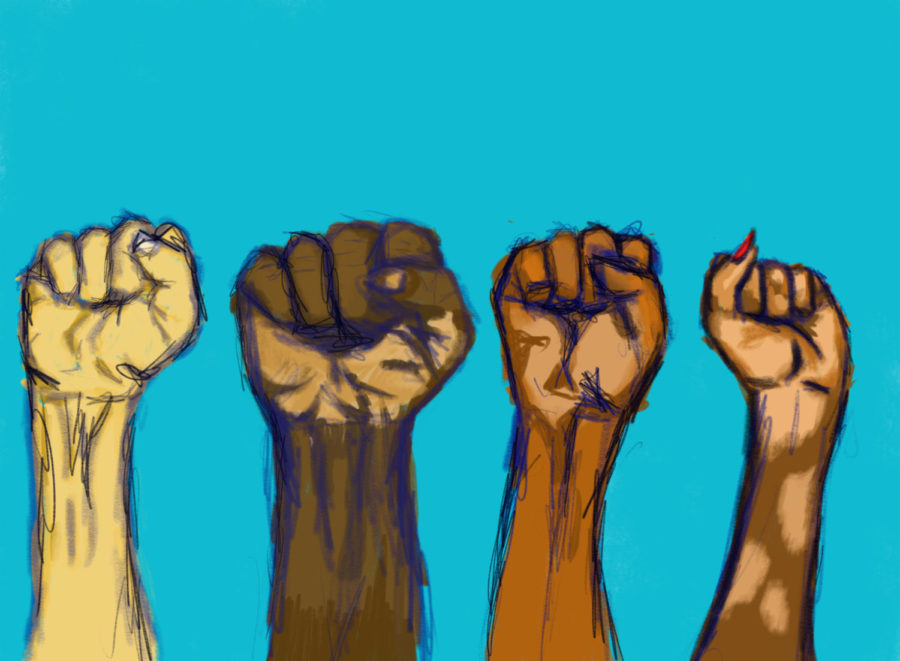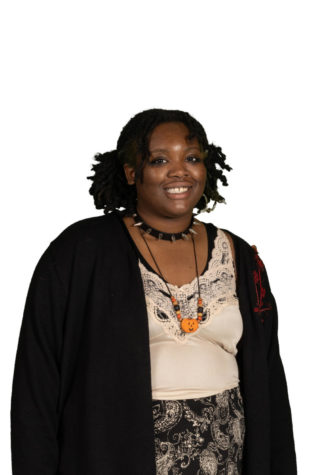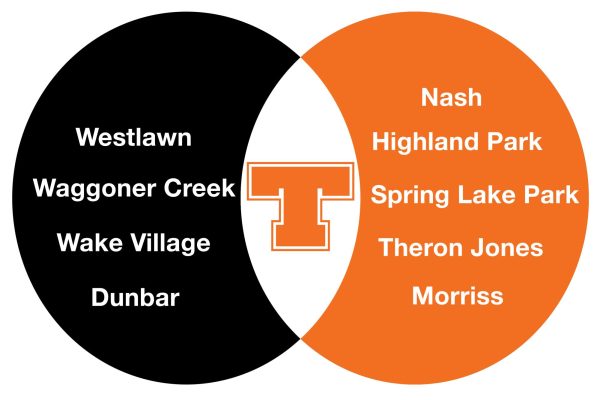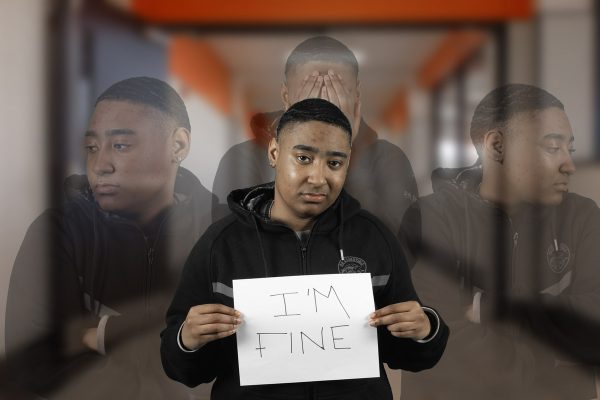Open secret
How sexual assault in our society is so normalized
graphic
December 9, 2021
Sexual Assault is defined as when a person is forced, coerced or tricked into sexual acts against their will or without their consent. These brutal acts are sadly a very common occurrence in society today. Sexual assault is even so embedded into society that it creates this common knowledge among mostly female audiences called “rape culture.” But sexual assault does not just affect one gender.
“I had this boyfriend when I was 14. We had been together for a long time. He would always try to pressure me into doing things, and my answer would always be no. I wanted to save myself for marriage. One time I told him no and it made him very angry. He ended up getting on top of me and taking off my clothes,” a female sophomore said. “I couldn’t stop it. There was nothing I could do. His excuse was that he thought I had said things to entice him.”
What is rape culture?
Rape culture is a sociological concept which focuses on an environment in which the normalization of sexual assault occurs. Things such as victim-blaming, romanticizing sexual assault situations and misogyny are key to this system. Rape culture is a worldwide system that has been implemented by society for eons. Victim blaming is a sadly common reaction to many cases of assault, and a popular example is clothes. The question of “What was she wearing?” is always asked which tries to justify the violent acts of rapists by implying that the victim was asking for it with their clothes.
At Texas A&M, there was a “What Were You Wearing?” exhibit. There are many of these exhibits around the world. What this exhibit is showing the clothes sexual assault victims were wearing at the times they were assaulted. This fights the awful rebuttal to the statement of “what was she wearing?” Many exhibits even have children’s clothes.
The problem of rape culture lies with its origins of misogyny and sexism.
“I was introduced to [rape culture] at a very young age. I remember when I was living in California, eight years of age and prior, I would wear shorts, and my sister would go tell my dad and he would give me whoopings for it because it was ‘inappropriate’ or me ‘trying to be grown,’” junior Kris Simington said. “Or whenever I started doing my own hair, it would be considered as being too grown as well. So I’ve been introduced to that at a very young age.”
Normalization of sexual assault
Sexual assault is so embedded into society that schools and society barely acknowledge and teach about it as a whole. It is said by the Nation Sexual Violence Resource Center that between the ages of 11-17, one out of three women have experienced sexual assault. This alarming statistic is the reality for all women. Even young men are affected by this huge issue; one in 53 boys under the age of 18 experienced sexual abuse or assault at the hands of an adult.
“It happened when I was 8. It was somebody in my neighborhood because we were down the street. My initial reaction was just that I just froze up, and I was just in disbelief that this was like happening. I was just a kid. I didn’t really know that this kind of stuff happened, so I was just frozen up and confused. And in that moment, I just felt a sense of anger at myself because I was too weak to do anything,” a male sophomore said. “I haven’t told any of my family until this year, and even then the reactions were very — obviously, they were upset, but they didn’t know how to handle it.”
The horrible thing about the statistics is that is only rape that is reported. It’s possible that there are so many more cases that go unreported because rape culture creates this shame and stigma around coming forward. It is common to hear excuses for sexual assault such as “boys will be boys,” or “you’re probably being overdramatic.” This creates an even bigger problem which invalidates the victim’s trauma.
“[For the first year or two,] I just couldn’t sleep well because I kept having bad dreams about it. I just felt weak, and now it’s in my life now to where if I do something and it makes me feel weak, it takes me back to that moment because that feeling of weakness and that feeling of not being able to do anything,” the male sophomore continued. “That pit in my stomach still doesn’t let me sleep sometimes.”
“Why don’t you go to the police?”
With rape victims, justice can be rare. Commonly, rich perpetrators are not properly dealt with, often only receiving a slap on the wrist. It is said that only 37% percent of rape cases are prosecuted, and only 18% of those perpetrators are convicted.
It’s also common that a lot of victims feel as though that event was their fault and that there is no reason to report it. This can lead to monumental emotional devastation.
Conclusion
Sexual assault is a huge problem that plagues society. As I am writing this, it saddens me to realize that we have to live in a world like this. It saddens me that whenever I walk by a group of men, I fear that I might be in situations like this again. I hate hearing the argument of teaching young girls how to protect themselves from rapists; instead, teach your sons to be respectful, teach your fathers, teach your neighbors what no means. Break this cruel cycle. Listen to others, and have conversations with your friends and family. Again, this is not just a female problem, but a problem that affects both genders. The conversation over sexual assault should not be labeled as taboo but a real crisis that affects so many people. Let your voices be heard.
Resources
If you or a loved one has gone through or recently realized that you have been sexually assaulted please feel free to reach out here, or call the National Sexual Assault Hotline 800-656-HOPE (4673)




















